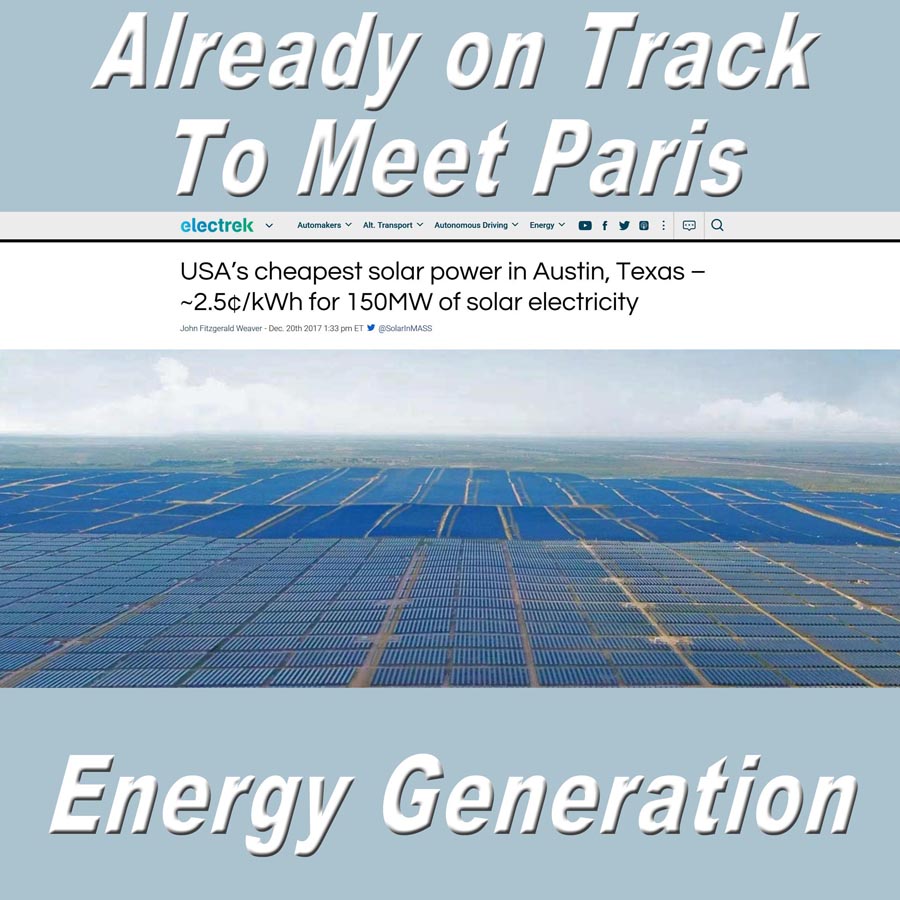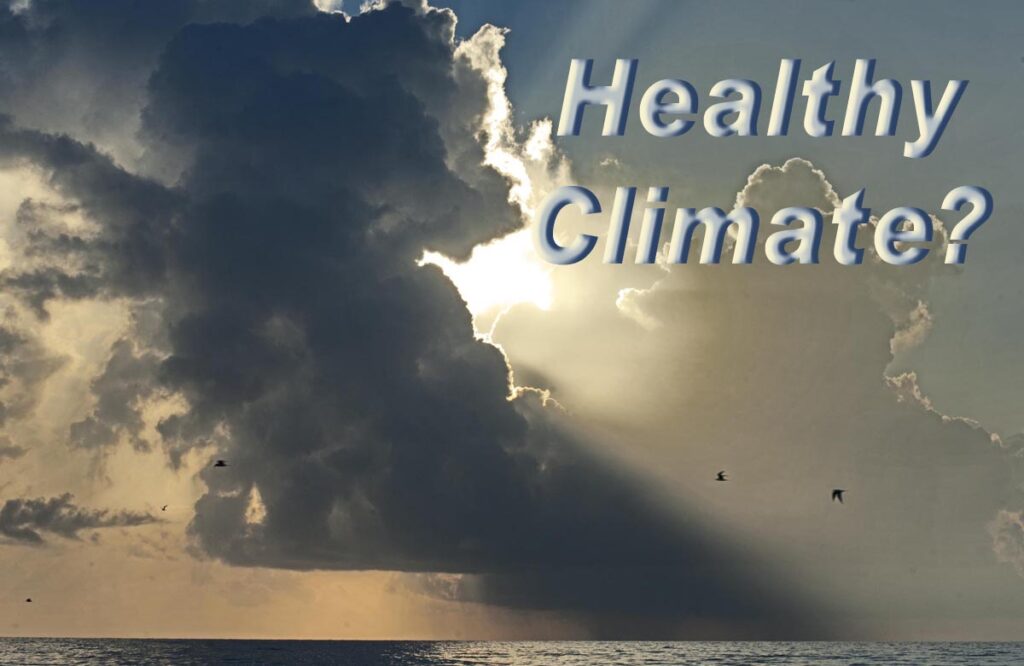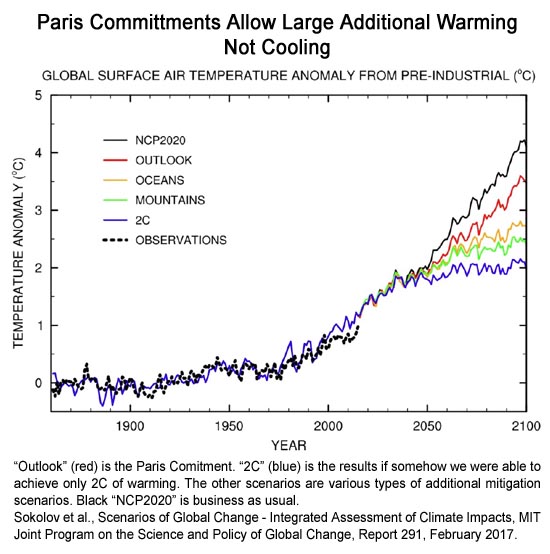
Are We Really at Battery Parity Already? Let’s make an assumption. I do not believe it is valid based on the work of Mark Jacobson and team at Stanford and The Solutions Project, but for this discussion, let’s say it is. Climate reform culture says we can’t go beyond about 40 percent alternative energy penetration…



















